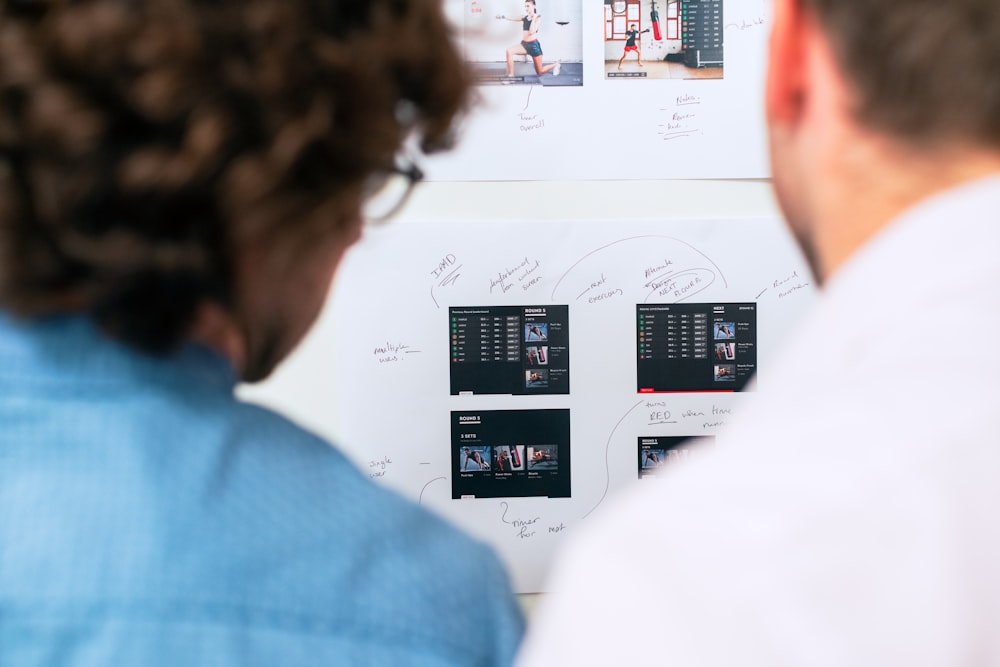The Art of Audio Production: Sound Engineering Essentials
Understanding Sound Engineering
Sound engineering is a multifaceted discipline that encompasses the technical and artistic aspects of audio production. It involves manipulating sound elements to create a cohesive and captivating auditory experience. Understanding the fundamentals of sound engineering is essential for achieving high-quality audio outputs across various media platforms.
The Role of Sound Engineers
Sound engineers play a crucial role in the audio production process. They are responsible for recording, mixing, and mastering audio tracks to ensure clarity, balance, and overall sonic excellence. Sound engineers collaborate closely with artists, producers, and other professionals to translate creative visions into polished and professional audio content.
Technical Skills and Expertise
Sound engineering requires a solid foundation in technical skills and expertise. This includes proficiency in operating audio equipment such as microphones, mixing consoles, digital audio workstations (DAWs), and signal processors. Sound engineers must also possess knowledge of acoustics, sound theory, and audio editing techniques to achieve desired sonic results.
Audio Recording Techniques
One of the primary responsibilities of sound engineers is recording audio in a studio environment. They use specialized microphones and recording techniques to capture clean and high-fidelity sound sources. Proper mic placement, room acoustics management, and signal routing are crucial aspects of recording techniques that contribute to the overall quality of audio recordings.
Mixing and Balancing Audio Elements
Mixing is an integral part of sound engineering where multiple audio tracks are combined and balanced to create a cohesive mix. Sound engineers use EQ, compression, reverb, and other processing tools to sculpt the sound, enhance dynamics, and create spatial depth. Balancing levels, panning, and frequency distribution are essential for achieving a well-defined and immersive audio mix.
Mastering for Optimal Sound Quality
Mastering is the final stage of audio production where sound engineers apply finishing touches to the audio mix. This includes adjusting overall volume levels, fine-tuning dynamics, and ensuring consistency across tracks. Mastering also involves preparing audio files for distribution by applying format-specific optimizations and ensuring optimal sound quality across playback systems.
Creative Sound Design
Sound engineers often engage in creative sound design to add depth, texture, and character to audio productions. This may involve creating sound effects, manipulating audio samples, or experimenting with synthesis techniques to achieve unique sonic elements. Creative sound design enhances storytelling, immerses listeners, and adds a distinct sonic identity to audio projects.
Collaboration and Communication
Effective communication and collaboration are key aspects of sound engineering. Sound engineers work closely with artists, producers, directors, and other stakeholders to understand project requirements, goals, and creative preferences. Clear communication ensures that audio productions meet expectations and align with artistic visions.
Adapting to Technological Advances
The field of sound engineering is constantly evolving with technological advances. Sound engineers must stay updated with the latest audio software, hardware, and industry trends to remain competitive and deliver cutting-edge audio solutions. Embracing technological innovations enables sound engineers to push creative boundaries and explore new possibilities in audio production.
Quality Control and Feedback
Quality control is paramount in sound engineering to ensure that audio productions meet industry standards and client expectations. Sound engineers conduct thorough quality checks, listen critically to audio outputs, and address any issues or inconsistencies. Feedback from clients, collaborators, and listeners is valuable for continuous improvement and refining audio production processes.
Career Opportunities in Sound Engineering
Sound engineering offers a wide range of career opportunities in music production, film and television, gaming, live events, broadcasting, and more. Sound engineers can pursue roles such as recording engineers, mixing engineers, mastering engineers, sound designers, audio technicians, and studio managers. The diverse nature of the audio industry provides ample scope for professional growth and specialization in various audio disciplines. Read more about Sound engineering




